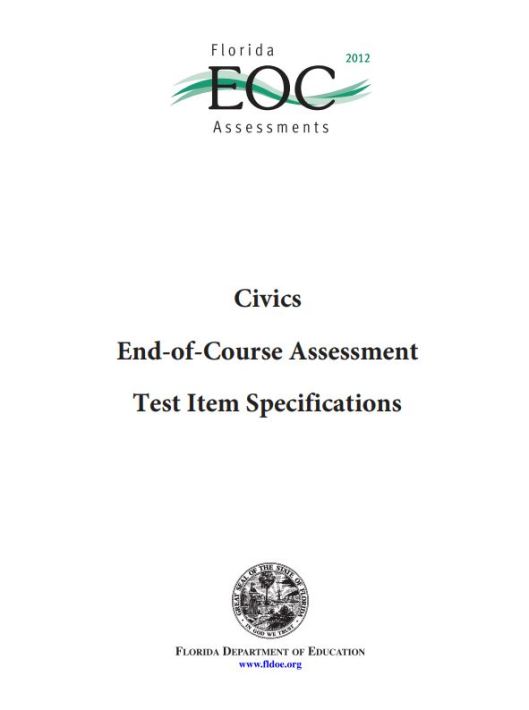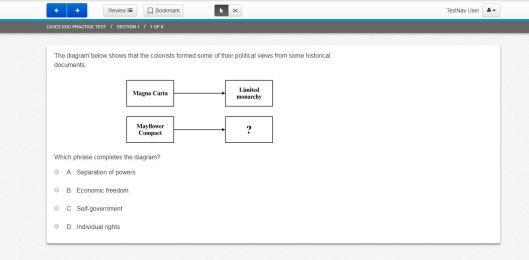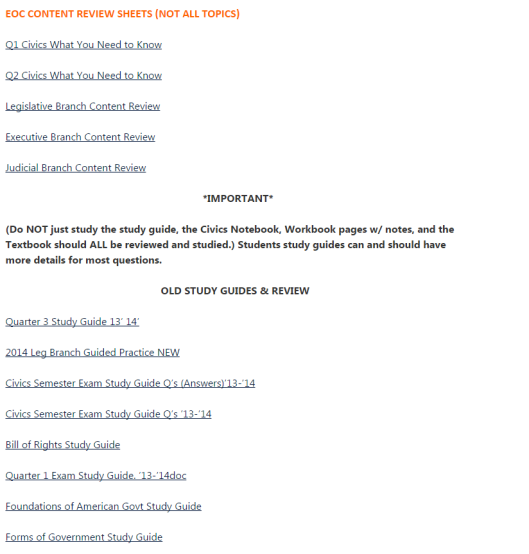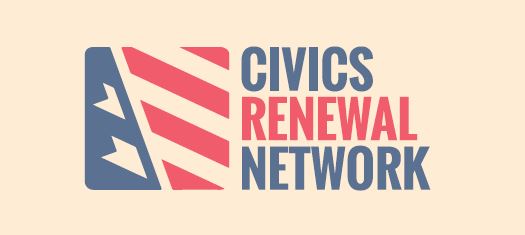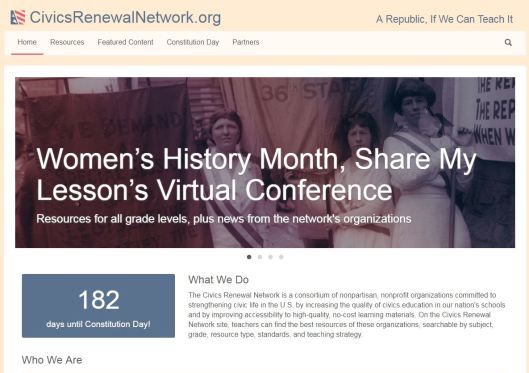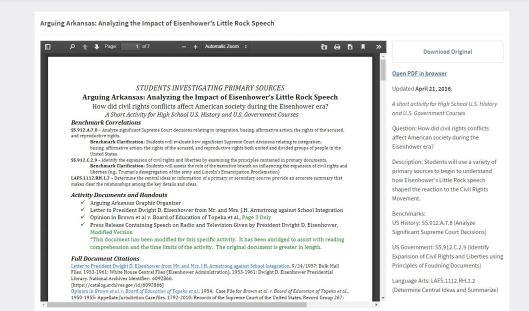Good afternoon, friends! It has been awhile, for sure. Today’s post is to update you on resources for Florida’s new civics and government benchmarks. Good news! We have started the process of uploading all the 7th grade middle school civics lessons to Florida Citizen and expect that most if not all will be up by mid-week next week. As a reminder, you do need to register for Florida Citizen to access the lesson plans! Please email me if you have issues with registration or logging in.
Once you log in, click on ‘Resources’, then select ‘School Resources’.

Once on that page, scroll down.

You will see three relevant lesson plan links. ‘2023-2024 Grade 7 Benchmark Resources’ will take you to the newest lesson plans. ‘2023-2024 Grade 6 and 8 Benchmark Resources’ will take you to lessons for the civics and government benchmarks in middle school US history and world history. (PRE-2023) will obviously take you to what we have done previously.
Click on the ‘Grade 7 Benchmark Resources’ link. Below is what you will see. The first important link is to the new benchmarks and their clarifications. IF the Test Item Specifications are released, we will add them as well. Keep scrolling down.

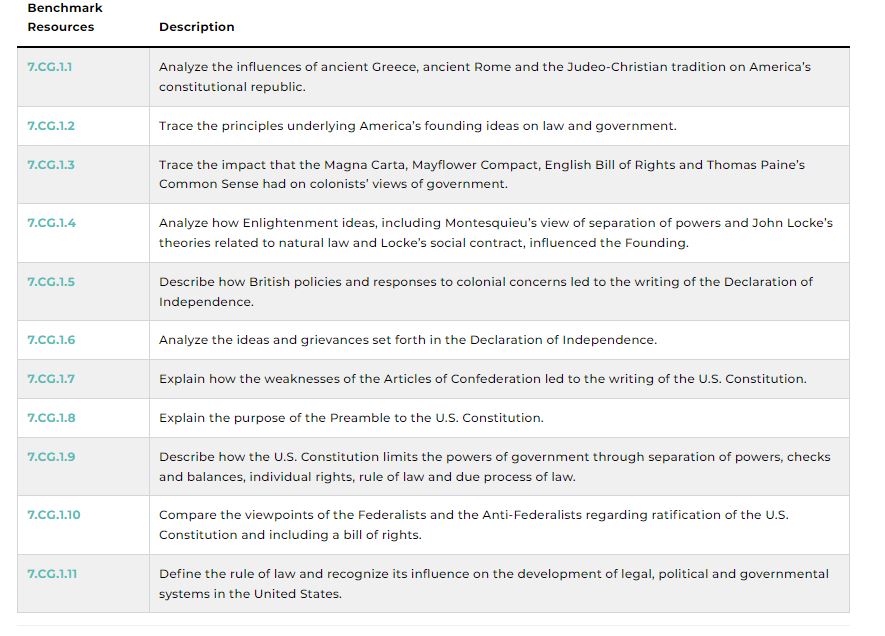

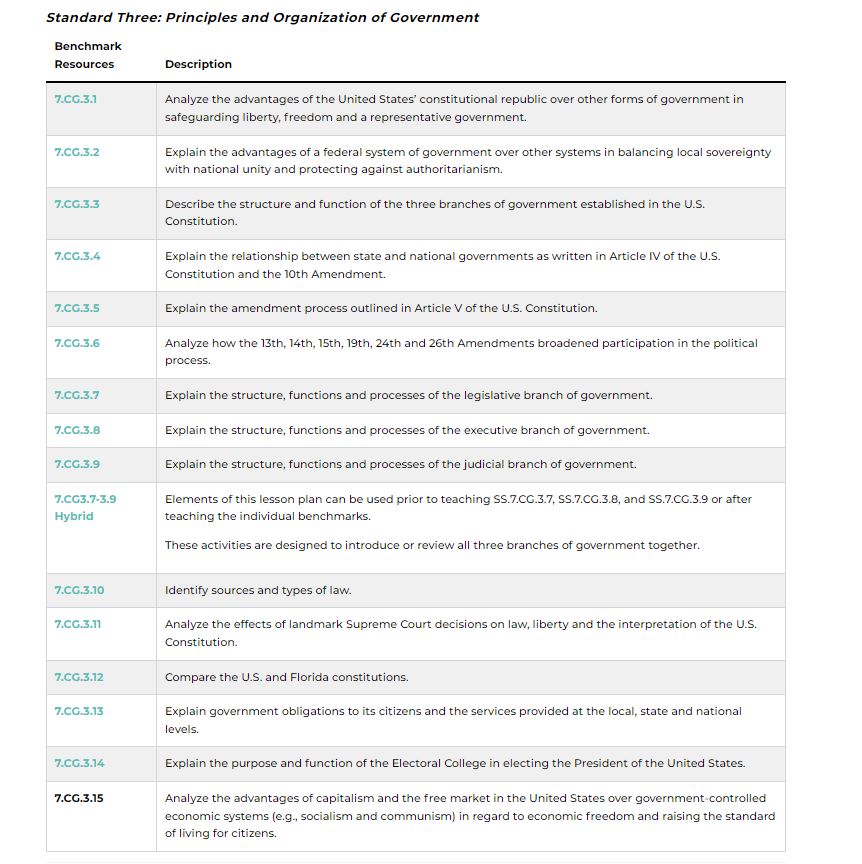

You will notice a list of the new benchmarks. Click on the one you want. Please note that right now, lessons plans for every benchmark between SS.7.CG.1.1 through SS.7.CG.3.14, and then 4.1 and 4.2, are up, though that could change by the time you read this!
When you click on the one you want, you should see the following.

This is obviously far less than what we have on our old pages. Please note that we will be adding additional materials as we can. We are currently revising practice items and have new Dr. Fine related teacher content materials as well.
You have three options for these materials. As always, we have them in Word (so you can edit and modify!), PDF, and the new option of GoogleDocs. Let’s assume that you want the word version. Click on it. It will download a zip file.
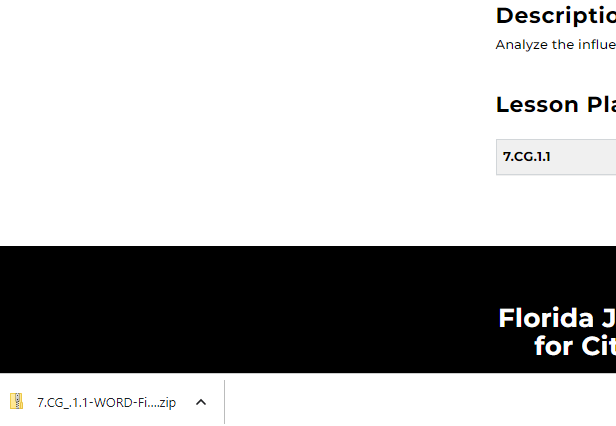
Unzip the file, and you will see ALL lesson materials for that benchmark.

The procedure is the same for middle school US history and world history materials. Please note at this time ONLY THE WORLD HISTORY LESSONS ARE AVAILABLE!!!
For the K-5 Benchmarks, lesson plans for every civics and government benchmark through Grade 4, and Grade 5 2.1 through 2.6 are now available.
Please also be aware that we have not yet updated Civics360, though current materials on that site should be adaptable or useable until we can. We are targeting a mid-October relaunch, and REGISTRATION IS NO LONGER REQUIRED.

